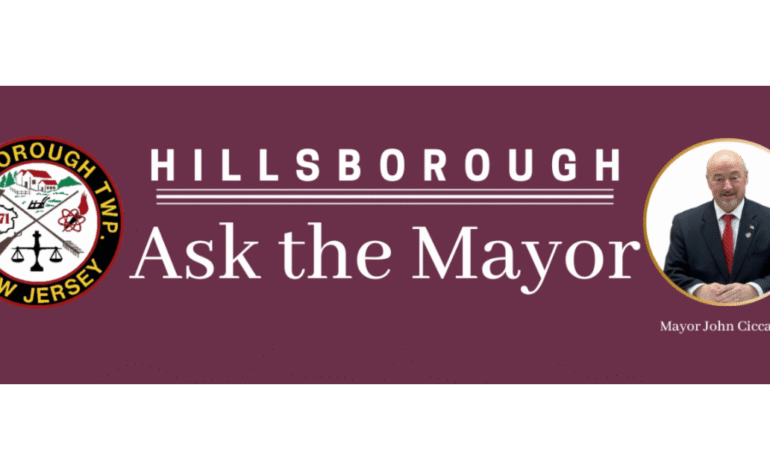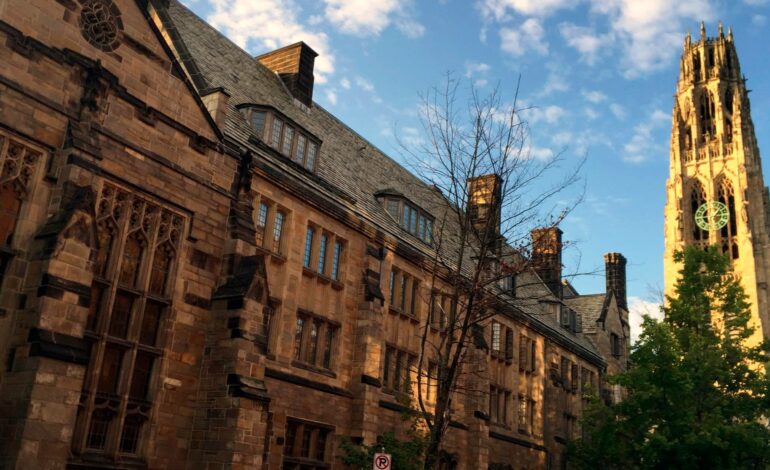
Understanding and Engaging in the Municipal Budget Process
The municipal budget process is a crucial aspect of local governance, impacting community development and public resources. This article delves into how the process works and highlights ways residents can actively participate and make their voices heard, ensuring transparency and accountability in the allocation of funds.
The Basics of the Municipal Budget Process
The municipal budget process begins with identifying community needs and revenue sources. Municipalities assess local priorities, align them with available funds, and construct a budget that balances essential services with fiscal responsibility.
Steps in Creating a Municipal Budget
Developing a municipal budget involves several key steps:
- Planning: Setting priorities based on community needs and resources.
- Preparation: Municipal departments submit proposed budgets.
- Review: Officials and committees analyze proposals to ensure alignment with goals.
- Approval: The council votes on the finalized budget for implementation.
Ways to Get Involved in the Municipal Budget Process
Residents can engage in the budgeting process through several avenues:
- Public Meetings: Attend local government meetings where budgets are discussed.
- Feedback Sessions: Participate in sessions providing public input on budget proposals.
- Stay Informed: Follow municipal announcements and updates on budget matters.
- Advocacy: Connect with local representatives to voice concerns or suggestions.
Conclusão
Understanding and engaging in the municipal budget process empowers residents to influence decisions affecting their community. By being informed and involved, citizens can help shape a transparent and accountable budget that reflects local priorities and needs.






